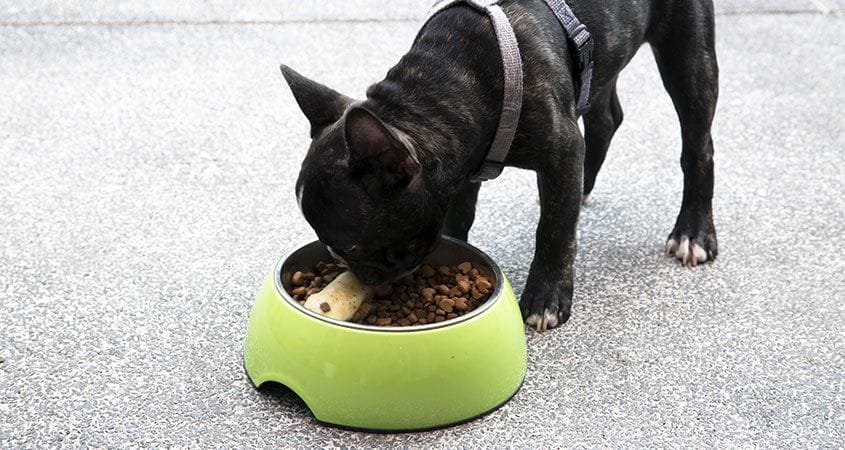For pet owners, dog pregnancy can be a fantastic time to provide special attention to their cherished animals. Just like in people, a pregnant dog’s weight, appetite, and hormones all vary, as does her behavior.
If your dog is expecting, she’ll require extra love and care during this time. If you have questions about your dog’s pregnancy, the following information on indications, habits, and how to care for pregnant dogs can be useful.
Precautions should be taken not to subject the pregnant dog to vigorous activity, and a veterinarian should be consulted regarding drugs and food for pregnant dogs. If you wait until the first month has passed before seeing any changes, you may miss some important ones.
If you have any reason to believe your dog is pregnant, you should start checking for pregnancy symptoms in dogs.
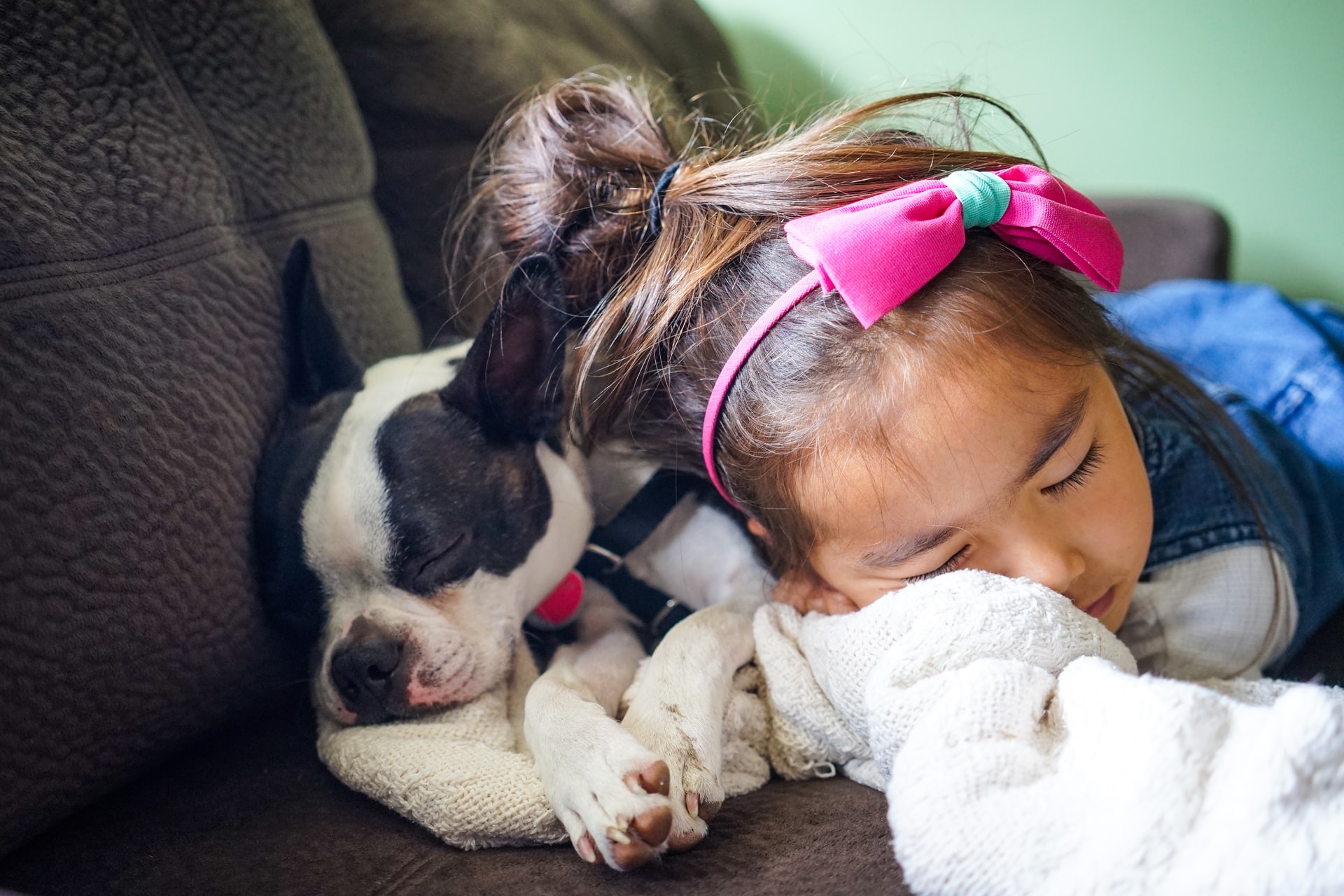
Dogs In Pregnancy: What To Expect From Their Behavior:
When a dog is pregnant, her behavior alters due to hormonal changes and the mothering instinct that all mammals go through at some point during their lives. You may notice that your dog is more sensitive or agitated during pregnancy, depending on the breed.
Pregnant dogs, who are beginning to feel nesting tendencies, will act in this manner. When a dog begins scratching at the floor or hoarding food, this is a red flag. Pregnant canines often exhibit a shift in temperament.
Expectant dogs may become tired and less active, and they may refuse to consume their normal diet. However, morning sickness in pregnant dogs is common due to hormonal changes that can also impair the dog’s appetite.
Pregnancy problems might occur if the pregnant dog withdraws or loses interest in food. Because these behaviors are also symptoms of sadness in pregnant dogs, you should visit your veterinarian if they persist.
Dog Pregnancy Signs And Symptoms:
Dogs who show signs of pregnancy should be examined by a veterinarian. Ultrasound, palpation of the belly, and an endocrine test can all be used by your veterinarian to determine whether or not you have a pregnant dog.
The abdomen of a pregnant dog, depending on its species and size, may be an indication of pregnancy. Around one month into the pregnancy, she’ll start experiencing vaginal discharge and swelling in her teats.
Abdominal swelling of 20 to 50 percent is common in expectant dogs, but it isn’t always visible until the dog gives birth.
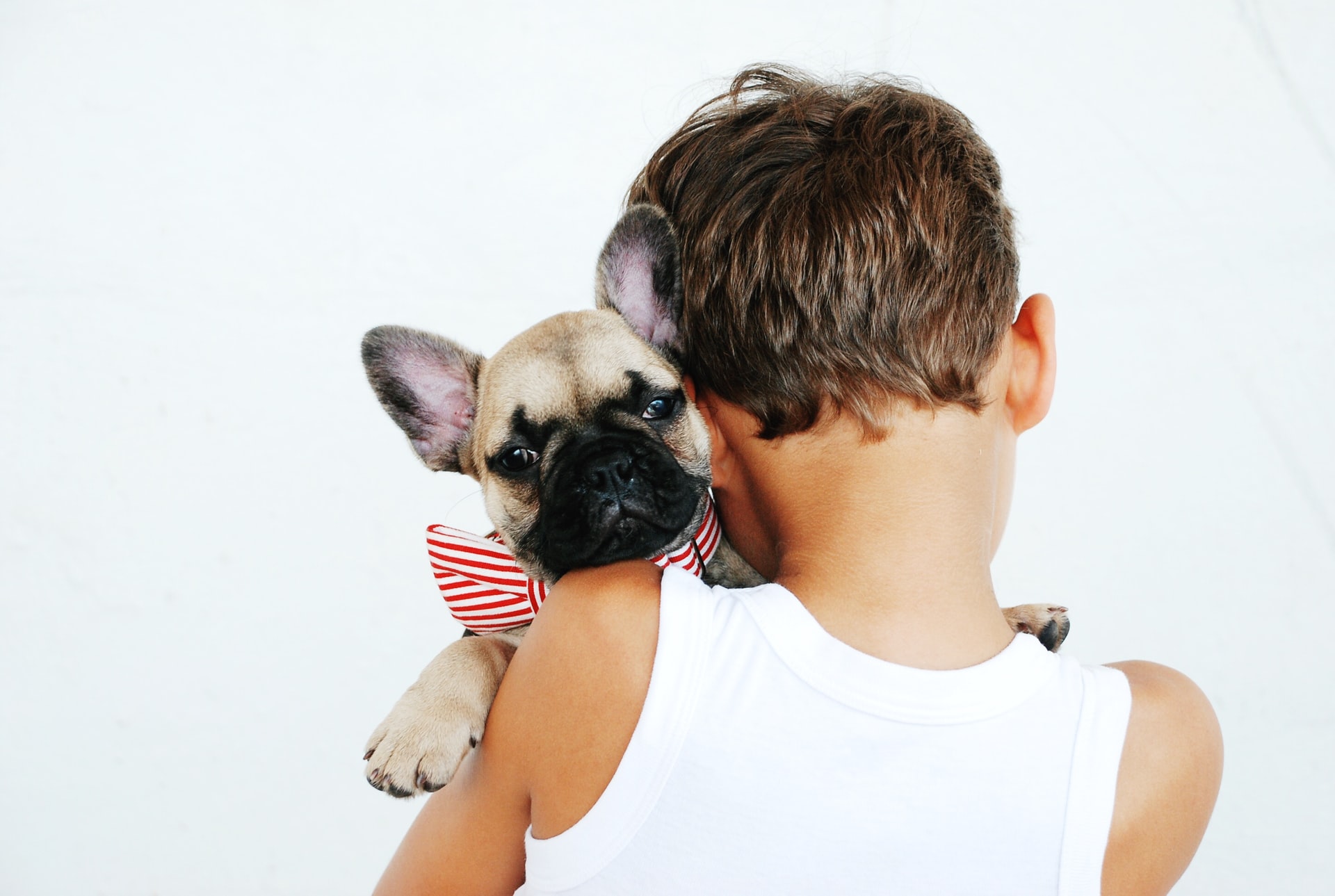
Pregnancy Dog Exercise:
Pregnant dogs should not engage in strenuous exercise. Pregnancy in dogs, like in humans, necessitates low-intensity exercise. Avoid putting the pregnant dog under further strain by taking her to dog shows or enrolling her in obedience classes.
Avoid making the pregnant dog drowsy by not overstimulating her. Even for pregnant dogs, regular brief walks and light play are beneficial forms of exercise.
Pregnant dogs should undertake as much of their exercise indoors as possible during this period, rather than on long walks. Keeping a pregnant dog isolated from other dogs and animals is critical during the final three weeks of her pregnancy.
Dogs should not be exercised outside during the last three weeks of their pregnancy for another reason: canine herpes, a dangerous infection that causes stillbirths, may be present.
This will protect her and her puppy from parasites and diseases that could harm them both.
Preparing For A Dog’s Delivery:
Pregnant dogs require special attention to ensure their own health and the health of their offspring. Due to the increased nutritional requirements of a pregnant dog, you may need to buy additional dog food for pregnant dogs.
Do not feed the pregnant dog anything but high-quality adult food that is rich in protein, fat, and other essential nutrients. Pregnant dogs need special attention because obesity and blood sugar issues can endanger the puppies as well as the mother. You can also find out if she has diabetes by taking her to the veterinarian.
However, this is not the time to make a drastic dietary adjustment to the pregnant dog. If your pregnant dog suddenly becomes ravenous, you’ll need to give her additional food. Adding more food to pregnant dogs’ diets may last for the first few weeks after delivery. As the puppy’s fetal growth is at its peak during the last few weeks of pregnancy, this is also normal.
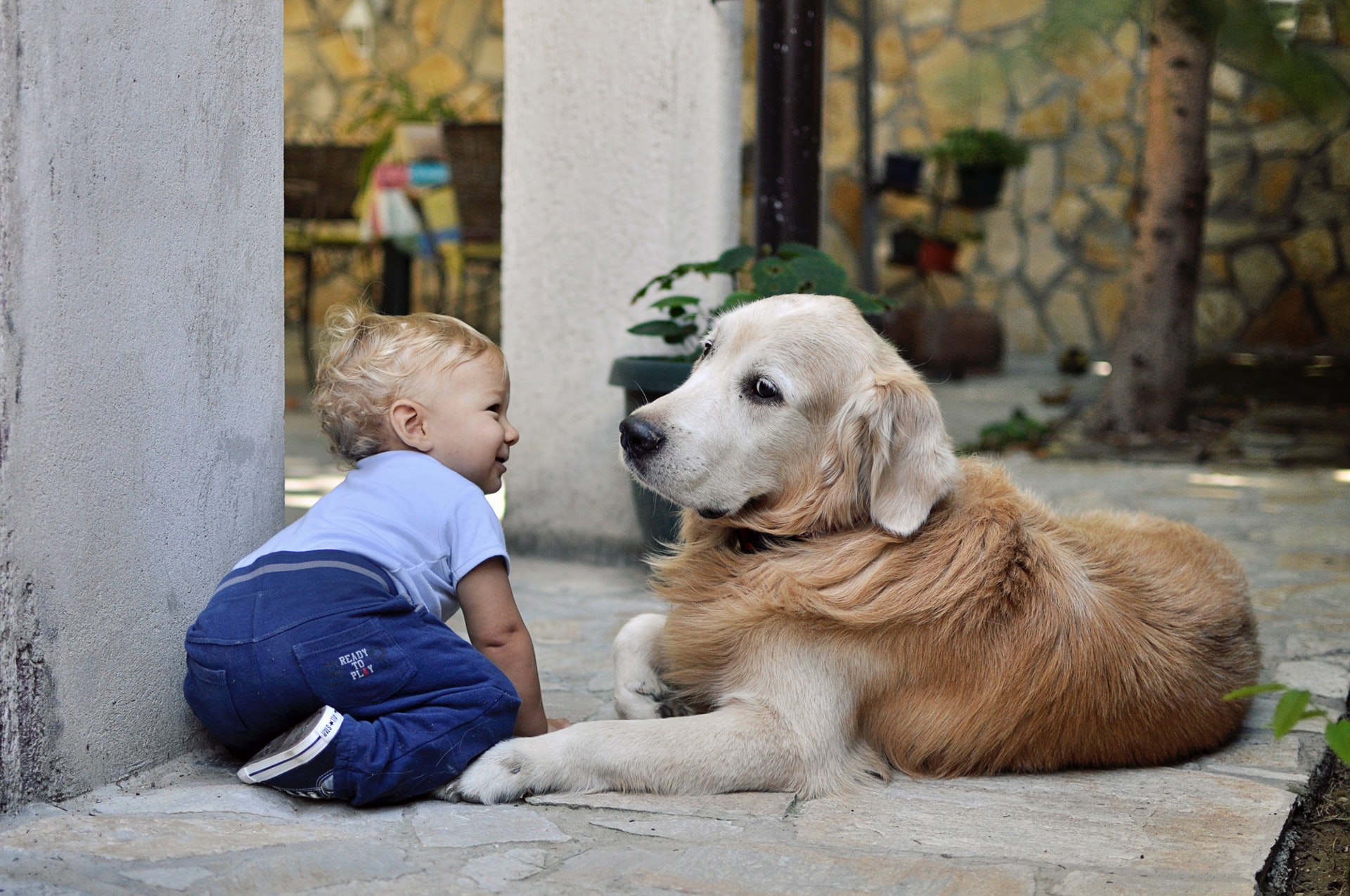
In addition to eating more frequently, the pregnant dog may consume lesser portions of food each time. Especially if she’s suffering from morning sickness, this is completely typical for her to say. If you have a pregnant dog, don’t deprive her of food. She needs it for her growing babies.
For pregnant dogs, talk to your veterinarian about high-performance meals. When caring for pregnant dogs, it’s best to avoid adding dietary supplements to their food. Overdosing on calcium or any other minerals or vitamins can have negative health effects on both the pregnant dog and her pups.
Consult your veterinarian if you have any questions about what food to feed pregnant dogs, or whether you should consider adding any supplements to their diet.
Pregnancy Treatments For Dogs:
Pregnant dogs cannot receive vaccinations for parasites, fleas, or worms at home without a veterinarian’s supervision. Pregnant dogs have limited treatment options, so avoiding drugs as much as possible is the best way to safeguard the pups that are yet to be born.
Consult your veterinarian before doing anything, as you don’t want to risk exposing the puppies to these parasites before they are even born. There are particular therapies for parasitic infections including roundworm and flea bites, which can be found externally or internally. Some therapies, such as heartworm preventative medication, are safe for pregnant dogs.
Only two flea medications, Capstar and Revolution, have been approved by the FDA for use in pregnant dogs. Pregnant dogs do not need to worry about heartworm treatment because it is completely safe.
In order to protect the newborn puppies from parasites, multiple roundworm and hookworm treatments must be used. However, not all flea treatments are healthy for dogs that are expecting or who are already pregnant.
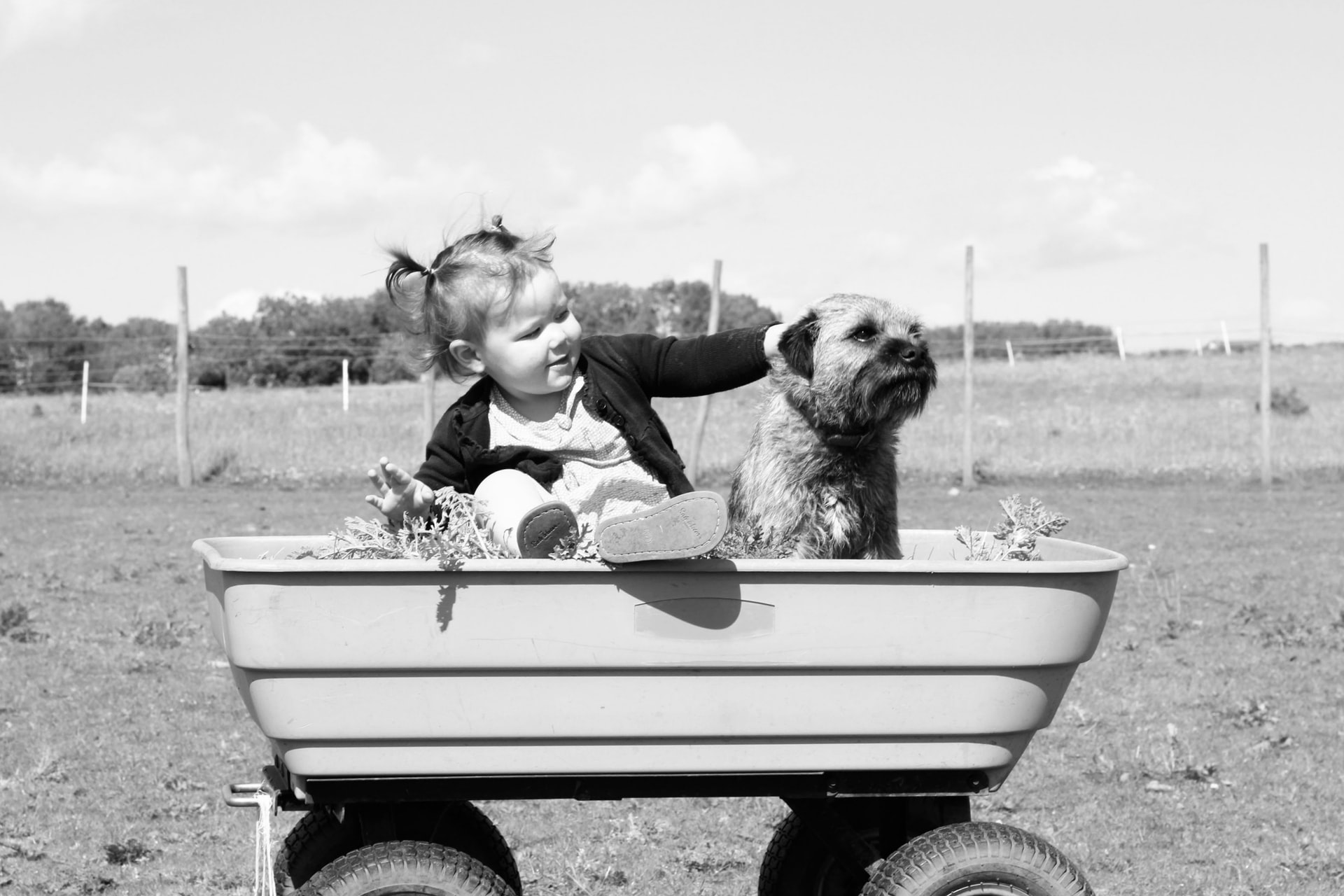
Eating A Balanced Diet
Ensure your pregnant bitch is well fed. This is among the most crucial matters you could do for her. Enhancing the quantity of food can prove to be detrimental at this point.
Only if your veterinarian instructs you otherwise, you did not have to make any adjustments to her nutrition for the first two-thirds of her pregnancy. In the event that your dog is currently eating high-quality dog food and is in good physical condition.


